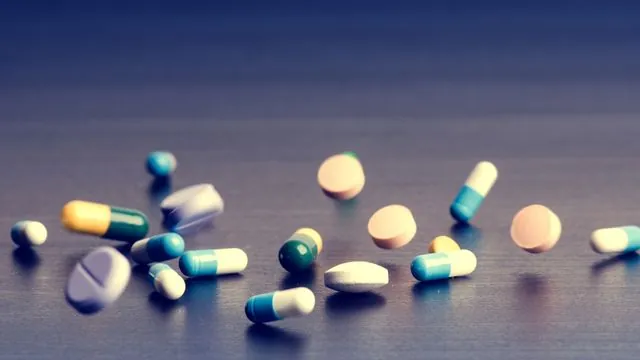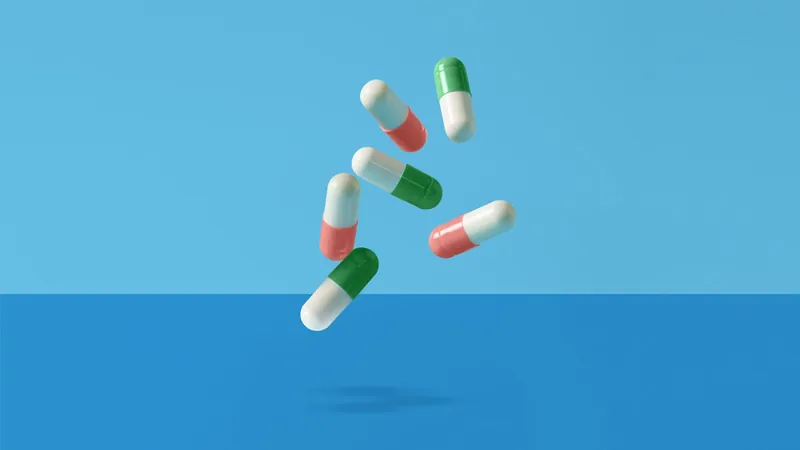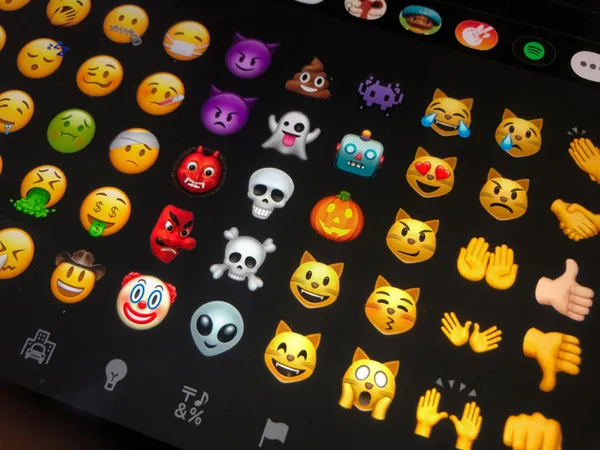
Shocking New Study Links High-Dose Amphetamines to Severe Mental Health Risks!
2024-09-16
Author: Wei Ling
A groundbreaking study from McLean Hospital, affiliated with Harvard University, has revealed alarming news about the use of prescription amphetamines, particularly dextroamphetamine. The research indicates that taking high doses of these medications—such as 30 mg or more—can increase the risk of developing psychosis or mania by more than five times! This finding is crucial for physicians and patients alike, as it underscores the need for caution when prescribing these popular stimulants.
Key Takeaways:
- High doses of prescription amphetamines significantly heighten the risk for severe mental health issues, including psychosis and mania.
- The high-risk threshold for dextroamphetamine is set at 30 mg, correlating to approximately 40 mg of Adderall.
- Due to the alarming findings, healthcare providers must carefully manage dosages and explore alternative treatments for vulnerable patients.
What The Study Shows:
This significant research was inspired by the observations of Lauren Moran, the study’s lead author, who previously served as an inpatient psychiatrist. She noted a troubling trend of patients arriving with first episodes of psychosis after being prescribed high doses of stimulant medications. The study reviewed a staggering number of 1,374 cases of first-episode psychosis or mania, comparing them with 2,748 control patients who were admitted for other psychiatric reasons, such as depression or anxiety.
The results were eye-opening: an astounding 81% of cases of psychosis or mania among those taking high doses of amphetamines could potentially have been avoided. Although the study confirms a strong association between high doses of prescribed stimulants and increased psychosis risk, it stopped short of establishing direct causation.
Key Insights on Amphetamines and Mental Health:
Moran emphasized that stimulant medications do not have a prescribed upper dose limit, making the implications of this study particularly pertinent. The relationship between elevated doses of amphetamines and an increase in dopamine levels—a neurotransmitter closely linked to psychotic symptoms—paints a concerning picture of the risks involved.
Interestingly, while a substantial dose-related risk was identified with high doses of amphetamine, the study found no significant risk increase associated with methylphenidate (commonly known as Ritalin). This insight aligns with previous research, suggesting that different stimulant medications may have varying implications for mental health.
Future Recommendations:
Though the study has limitations—such as variations in electronic health record keeping and the fact that the research was conducted within a specialized psychiatric hospital—the implications remain clear: physicians must exercise extreme caution when prescribing amphetamines, particularly to patients who already display risk factors for psychosis and mania.
“There's limited evidence suggesting that higher doses of prescription amphetamines are more effective,” Moran warned. She advocates that doctors explore alternative treatments for those at heightened risk, emphasizing patient safety above all else.
This study serves as a critical wake-up call for both healthcare providers and patients, urging them to revisit the conversation around stimulant prescriptions and mental health.
Stay informed—your dosage might just be a matter of life and mental well-being!



 Brasil (PT)
Brasil (PT)
 Canada (EN)
Canada (EN)
 Chile (ES)
Chile (ES)
 Česko (CS)
Česko (CS)
 대한민국 (KO)
대한민국 (KO)
 España (ES)
España (ES)
 France (FR)
France (FR)
 Hong Kong (EN)
Hong Kong (EN)
 Italia (IT)
Italia (IT)
 日本 (JA)
日本 (JA)
 Magyarország (HU)
Magyarország (HU)
 Norge (NO)
Norge (NO)
 Polska (PL)
Polska (PL)
 Schweiz (DE)
Schweiz (DE)
 Singapore (EN)
Singapore (EN)
 Sverige (SV)
Sverige (SV)
 Suomi (FI)
Suomi (FI)
 Türkiye (TR)
Türkiye (TR)
 الإمارات العربية المتحدة (AR)
الإمارات العربية المتحدة (AR)